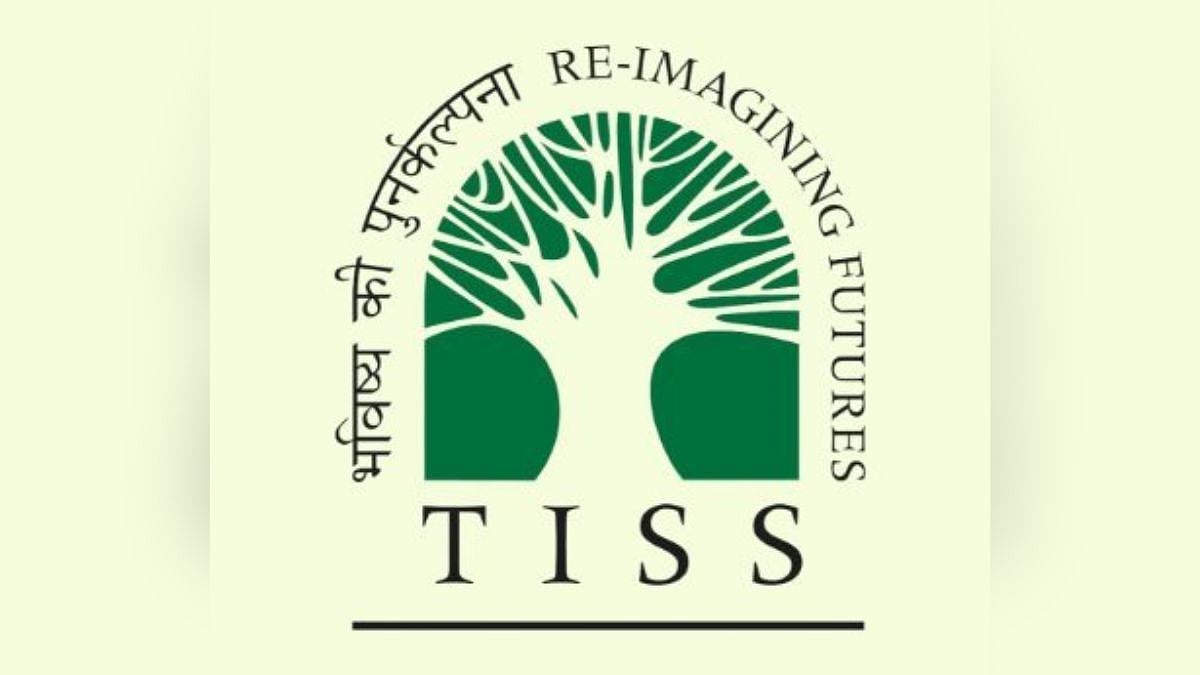There are various reasons to believe that HR plays a critical role in building People processes and ensuring that everyone understands the vision, mission, and objectives of the organization. However, the major challenge lies in answering this: "Does HR propose Business Solutions to Business Problems or comes up HR Solutions for a Business Problem".
The role of HR is determined by the extent to which business solutions and HR solutions complement each other.
The HR department needs to be viewed as a strategic business partner, which means that the focus needs to be shifted to the greatest impact.
Human Resources (HR) departments have long been associated with administrative tasks like payroll, recruitment, and compliance. However, modern businesses demand a more expansive approach from HR- they need a strategic partner capable of solving core business challenges, not just those residing within the HR domain.
To achieve this shift, HR must broaden its perspective and focus on how its expertise uniquely positions it to tackle issues impacting the entire organization. Here's how they can do this:
1. Understanding the Language of Business
HR professionals must become fluent in the language of business. This means understanding key metrics like profitability, market share, customer satisfaction, and the overall strategic direction of the company. By aligning their initiatives with these broader business objectives, HR sheds the image of an isolated support function and becomes an essential driving force behind overall success.
Example: Imagine an HR department tasked with reducing turnover. Instead of solely implementing HR-focused retention programs, they delve deeper. They analyze turnover data with sales, discover a connection between high turnover in a particular region and a drop in customer satisfaction, and finally identify that inadequate onboarding and training are contributing to both issues. The HR team then develops a robust onboarding initiative, improving employee experience and positively impacting the bottom line.
2. Data-Driven Insights
HR processes generate massive amounts of people-related data. Harnessing the power of analytics offers valuable insights that extend far beyond hiring and compensation trends. HR can use workforce analytics to predict talent shortages, identify high-potential employees, pinpoint factors contributing to attrition, and optimize team performance. These insights offer a competitive edge and translate into tangible business outcomes.
Example: A manufacturing company's HR department notices a correlation between longer commute times and increased absenteeism. Analyzing this data, they advocate for flexible work options or a shuttle system to ease transportation strain. This not only improves employee well-being but also translates into better productivity and reduced costs associated with absenteeism.
3. Proactive Talent Management
HR must move away from a reactive approach to talent and adopt a proactive, long-term strategy. This involves workforce planning, identifying skill gaps, and actively building talent pipelines. Proactive talent management ensures a steady flow of capable individuals to support business growth and minimizes costly disruptions.
Example: A tech company anticipates increased demand for a specialized skillset. HR collaborates with business leaders to forecast workforce needs, then works with universities and training institutions to develop a talent pipeline. This gives the company early access to qualified candidates, reducing hiring costs and time-to-fill, ultimately propelling business growth.
4. Building a Culture of Agility and Innovation
In today's rapidly changing environment, businesses must adapt quickly and cultivate a culture of continuous learning and innovation. HR plays a crucial role in establishing performance management systems that prioritize development and agility over mere compliance. By fostering a growth mindset, HR creates an environment where employees feel empowered to take risks, propose new ideas, and drive the business forward.
Example: A software company's HR department revamps the performance review process. Instead of focusing solely on past performance, they include goal-setting for future skill development. They also incorporate regular development check-ins and 'lunch and learn' sessions, promoting constant learning and knowledge sharing. This creates a workforce focused on continuous improvement and innovation.
5. Change Management Champions
Successful organizations embrace change while minimizing disruption. HR can be the linchpin in effective change management. By planning for workforce impact, providing training, facilitating communication, and offering support throughout transitions, HR minimizes resistance and paves the way for smoother implementation.
Example: A retail company undergoes a major digital transformation initiative. HR works proactively by anticipating the necessary skill shifts, developing upskilling programs, and offering change management workshops to help employees adapt, thereby ensuring the project's success.
The Transformational Power of HR
HR's evolution from a tactical support function to a strategic business partner is no small feat. It requires HR professionals to embrace a broader mindset, develop business acumen, and leverage data effectively. However, when HR shifts focus from traditional HR solutions to addressing the core business problems, the impact can be transformative:
Improved decision-making: HR's data-backed insights lead to better, more informed business decisions.
Increased efficiency and productivity: Proactive talent management and streamlined HR processes lead to improved operational efficiency.
Competitive advantage: A highly engaged, skilled, and adaptable workforce drives innovation and gives the company an edge in the marketplace.
By transcending traditional HR boundaries, HR departments unlock their true potential as a driving force for organizational success.
Let's explore some specific strategies HR departments can leverage to spark passion and engagement:
A Culture of Appreciation: Employees want to feel that their efforts are seen and valued. A simple 'thank you' is powerful, but HR can take this further. Consider programs like 'Employee of the Month', spot bonuses for exceeding expectations, or handwritten "thank you" notes from the CEO for exemplary work. It's these seemingly small gestures that make employees feel appreciated and motivate them to excel.
Open Door of Communication: A hallmark of a truly engaging workplace is fostering transparency and open communication. Employees should feel comfortable voicing their opinions, concerns, and ideas. HR can facilitate this with regular feedback surveys, town hall meetings, or one-on-one check-ins. When employees feel like they are heard, it builds trust and strengthens investment in the organization.
Purpose-Driven Work: Purpose is the fuel that drives engagement. HR can emphasize the company's mission and values, connecting employees' daily tasks to the bigger picture. A software developer in a healthcare tech company, for instance, will find more meaning knowing their code could help improve patients' lives.
Investing in Growth: Nobody wants to feel stuck in a dead-end job. Providing ample opportunities for professional development is crucial for long-term engagement. Sponsor workshops, training programs, and mentorship opportunities. As employees develop their skills, they become more efficient and see a clear path for career advancement within the company.
Challenges and Solutions
Of course, building and sustaining a highly engaged workforce is not without its challenges. HR may face budget constraints, resistance to change from leadership, or simple inertia in established companies. However, with persistence and a data-driven approach, the benefits are undeniable.
HR should track key metrics such as employee turnover, absenteeism, and performance feedback to measure engagement levels. Addressing areas of concern with tailor-made interventions ensures that the strategy evolves alongside the needs of the workforce.
The Future of HR: Ambassadors of Engagement
HR is not just about managing people, it's about unlocking human potential. In an increasingly competitive world, engaged employees are a company's greatest competitive advantage. HR departments must shift their focus from traditional processes to building a culture where employees can thrive. By doing so, they ensure not only the organization's success but also the fulfillment and growth of its most valuable asset – its people.
The Heart of a Thriving Workplace: HR Strategy Drives Employee Engagement and Involvement. This leads to better adoption of People Processes.










